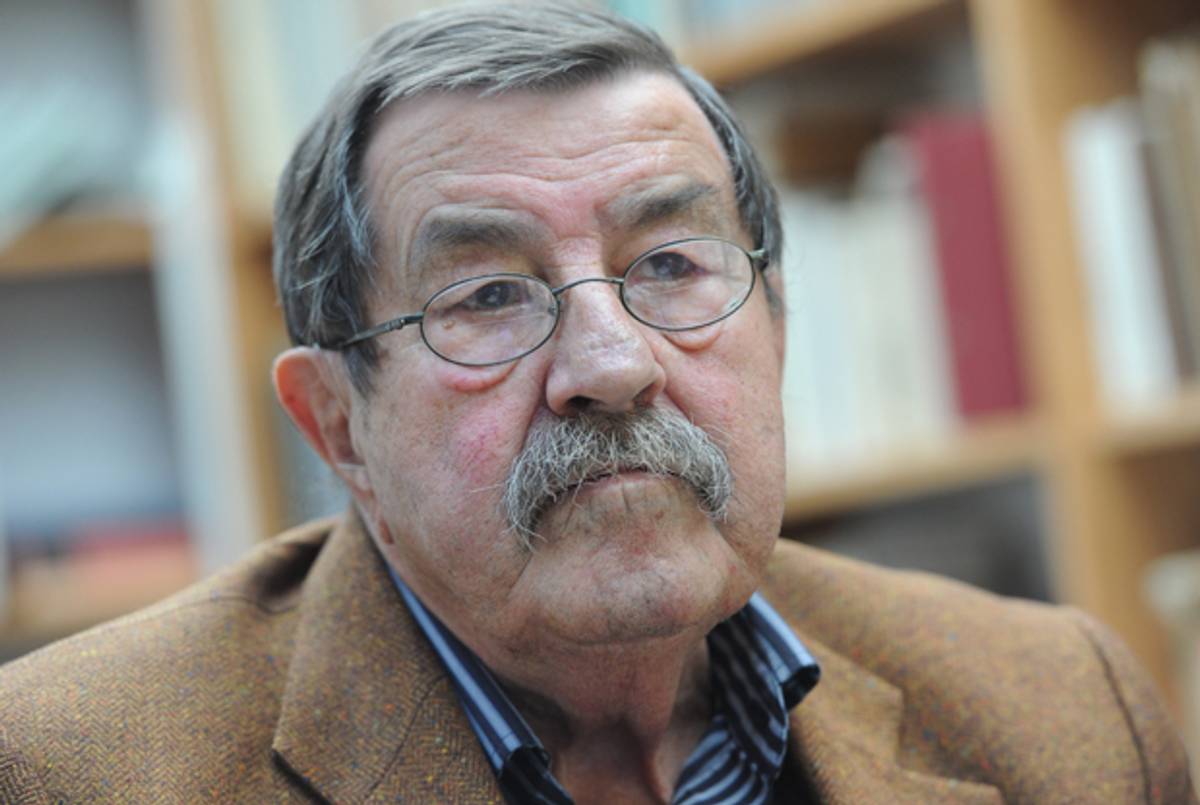
German novelist and Nobel Prize winner Günter Grass died Monday at 87 in his German hometown of Lübeck after a brief illness. The writer, whose work reckoned openly with his country’s post-war legacy and who in 2006 revealed himself to have been part of the Waffen-SS, became the center of controversy again in 2012 after publishing a poem, “What Must Be Said,” in which he accused Israel, not Iran, of being the main threat to the region’s stability, on the grounds that Israel already had nuclear weapons. The poem caused a firestorm of responses, perhaps the most aggressive of which came from Eli Yishai, Israel’s minister of the interior, who banned Grass from entering the country. (Grass subsequently compared Yishai to the German Stasi.)
As the Nobel Prize committee proclaimed when awarding him the literature prize in 1999, “In his excavation of the past, Günter Grass goes deeper than most and he unearths the intertwined roots of good and evil.” Grass’s 2006 admission of involvement in the Nazi machine, at whatever level, therefore complicated his literary legacy, which had been solidified by his widely read 1959 novel, The Tin Drum.
As his New York Times obituary puts it, “Mr. Grass was hardly the only member of his generation who obscured the facts of his wartime life. But because he was a pre-eminent public intellectual who had pushed Germans to confront the ugly aspects of their history, his confession that he had falsified his own biography shocked readers and led some to view his life’s work in a different light.” His 2012 poem, though not representative of his full literary canon, did the same for others.
And so Grass, whose work so unabashedly sought moral clarity in the murky reality of post-war Germany, leaves his own profoundly complicated legacy.
Stephanie Butnick is chief strategy officer of Tablet Magazine, co-founder of Tablet Studios, and a host of the Unorthodox podcast.